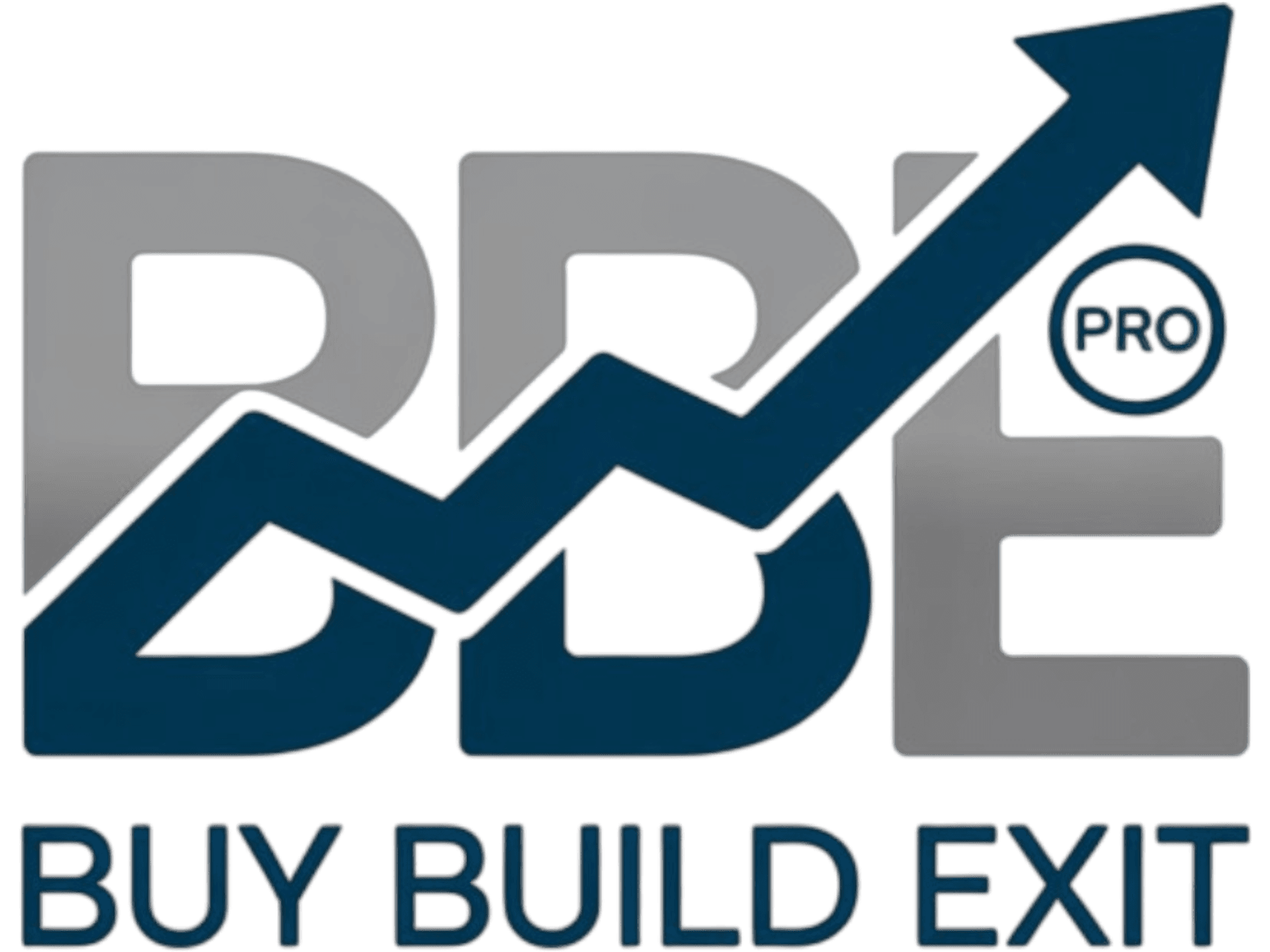Case Study: Successful Business Exits in the UK and Netherlands
AP
Introduction to Business Exits
Business exits are a pivotal phase in the entrepreneurial journey, representing the culmination of years of hard work, strategy, and dedication. In regions like the UK and the Netherlands, successful business exits have not only transformed the lives of entrepreneurs but also contributed significantly to the local economies. This case study delves into the strategies and outcomes of successful business exits in these regions, providing valuable insights for budding entrepreneurs and investors alike.

The UK Landscape: A Hub for Business Exits
The UK has long been recognized as a fertile ground for startups and established companies seeking growth opportunities. Its robust legal framework, access to capital, and a vibrant ecosystem of investors and advisors make it an attractive destination for businesses looking to scale and eventually exit. Whether through mergers, acquisitions, or initial public offerings (IPOs), the UK offers a plethora of exit strategies tailored to different business needs.
One notable example is the acquisition of a leading fintech startup by a global banking giant. This exit not only provided the founders with substantial financial returns but also reinforced the UK's position as a leader in fintech innovation. Such success stories reflect the strategic importance of aligning business goals with market opportunities.
Key Strategies for Successful Exits in the UK
Successful business exits in the UK often rely on a few key strategies:
- Building Strong Networks: Engaging with investors, mentors, and industry experts to gain insights and support.
- Robust Financial Planning: Ensuring financial health and transparency to attract potential buyers.
- Market Positioning: Establishing a unique value proposition that appeals to larger companies or investors.

The Dutch Approach: Innovation and Sustainability
The Netherlands is renowned for its innovative spirit and commitment to sustainability, making it a unique landscape for business exits. Dutch companies often leverage their reputation for quality and forward-thinking approaches to attract global players interested in acquiring cutting-edge technologies and sustainable practices.
A prime example is a Dutch clean energy firm that successfully exited through acquisition by a multinational energy corporation. This strategic move allowed the firm to scale its operations globally while aligning with a partner who shared its commitment to environmental sustainability.
Strategies Driving Exits in the Netherlands
In the Netherlands, successful exits are often driven by:
- Innovation: Continuous investment in R&D to stay ahead in technology and sustainability.
- Strategic Partnerships: Collaborating with global leaders to enhance market reach and capabilities.
- Sustainability Focus: Prioritizing sustainable practices that resonate with global trends and demands.

Conclusion: Lessons Learned from Successful Exits
The case studies of successful business exits in the UK and the Netherlands highlight important lessons for entrepreneurs. Emphasizing innovation, strategic market positioning, and robust financial planning can significantly enhance the likelihood of a prosperous exit. Additionally, understanding regional strengths and aligning them with global trends can open doors to lucrative opportunities.
For entrepreneurs preparing for an exit, these insights underscore the importance of planning ahead, building strong networks, and continuously adapting to market dynamics. By learning from these successful exits, businesses can pave the way for future growth and success on the global stage.
